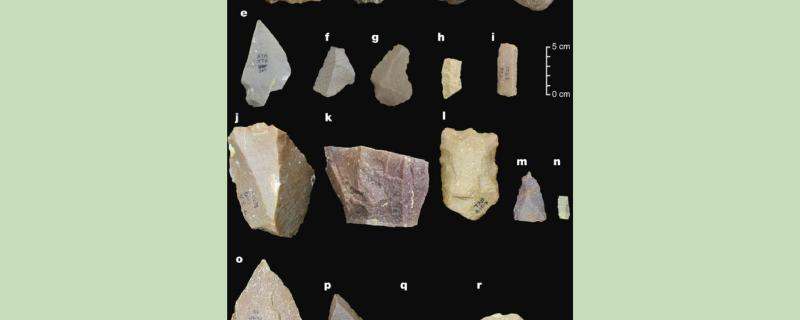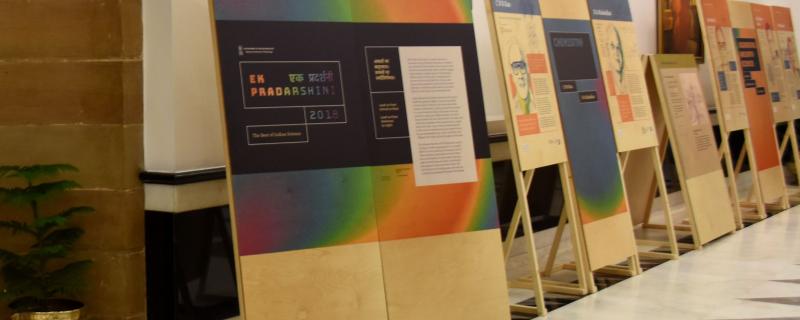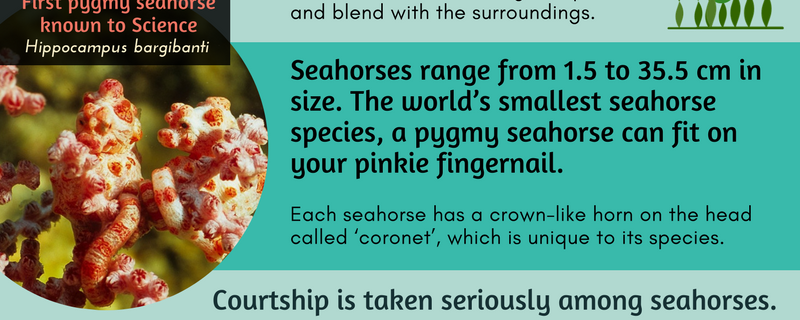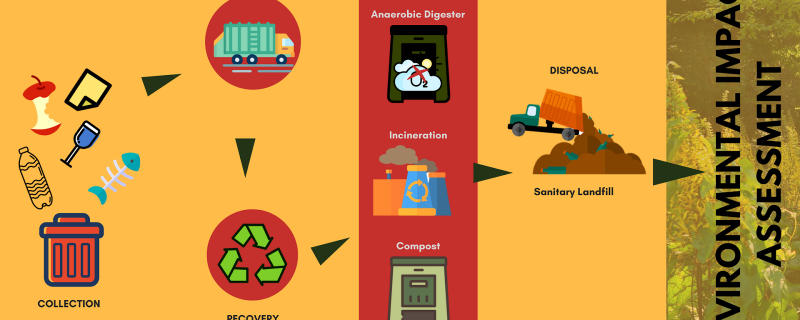Researchers from the Sharma Centre for Heritage Education, India, find stone tools in the sediments of Attirampakkam, a small town near Chennai which are dated to be 3,85,000-year-old. This finding gives us a new understanding for how and when human migration out of Africa might have taken place.
आयआयटी मुंबईद्वारे विकसित नवीन डीप-लर्निंग फ्रेमवर्क SpADANet (स्पाडानेट) मर्यादित लेबल्स वापरूनही अनेक चक्रीवादळांमधील संरचनात्मक नुकसान अधिक अचूकपणे वर्गीकृत करू शकते.
Mumbai/








